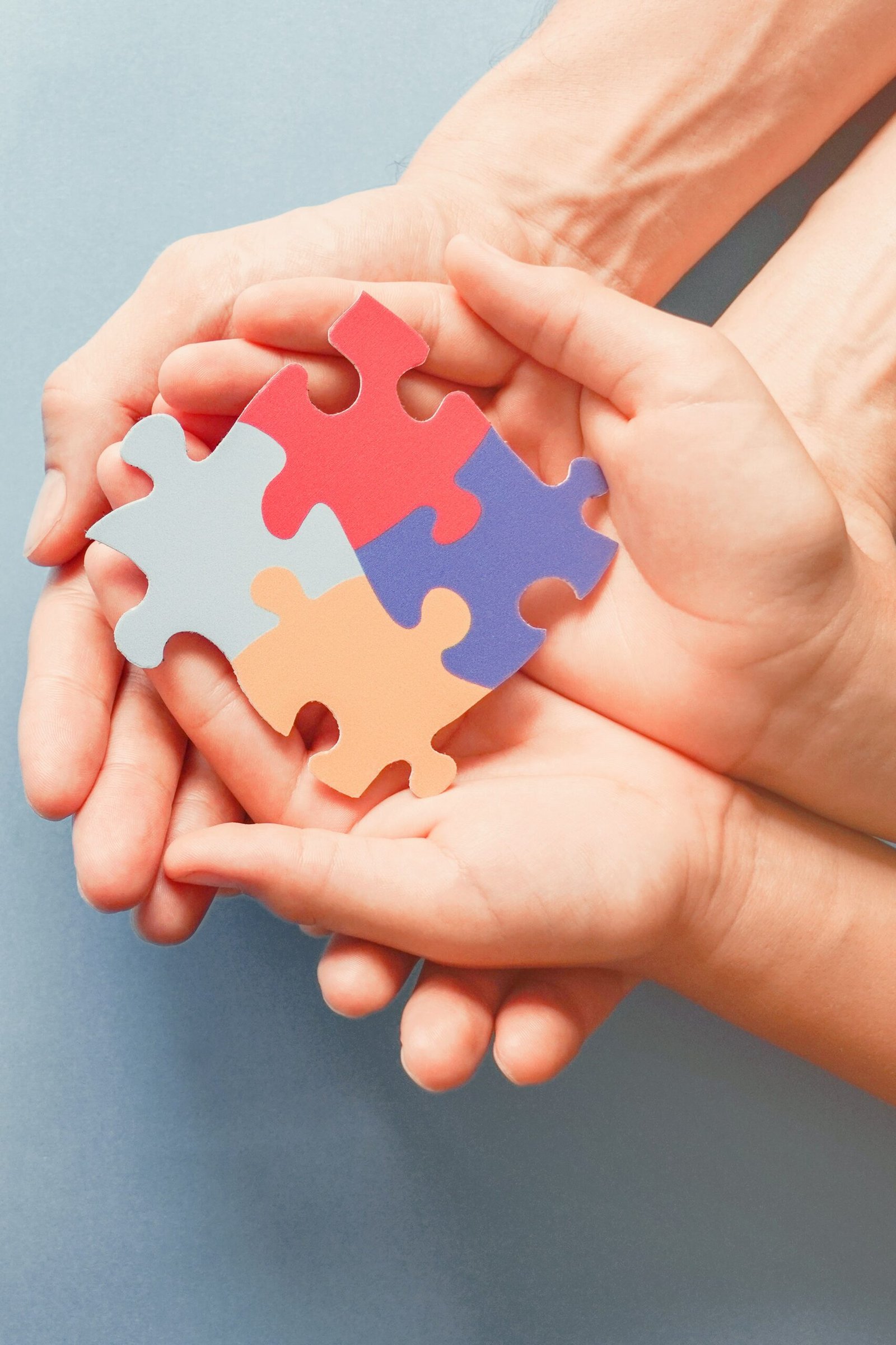Being on the Autism Spectrum brings unique challenges to the table for the child as well as the family. Being a parent/sibling/caregiver of an ASD individual means a lifelong commitment towards the child’s development through ages. But the ultimate goal is to prepare our children to be independent as an adult. Our existence is temporary and that’s the bitter pill we all have to swallow eventually.
As a sister of a gifted 22-year-old boy with Fragile X Syndrome & Autism Spectrum Disorder (ASD), the thought of him having to live all by himself, in the absence of my mother and myself, in the future still haunts me at times. And I’m sure that every parent, sibling or caregiver of a child shares this fear when he/she begins transitioning to adulthood. The dreaded ‘What next?’ strikes us at that very moment.
Transitioning into adulthood with Autism
Transition to adulthood for an individual with autism means moving out of the sheltered and secure environment. Comprehensive planning helps to make the process relatively smoother for the individual and his family. For this purpose, while preparing an individualized educational program (IEP), it is important to create a 2-year transition plan for attaining employment, vocational training, post-secondary education and independent living after leaving school.
A transition plan helped us, special educators, and other professionals to chalk out realistic goals and effective course of action with the help of the available resources. By making this a standard practice, it can help us be more aware and bring about changes in society with respect to creating more opportunities and acceptance for individuals with ASD.
I would like to emphasize the importance of working on independent living skills or activities of daily life skills (ADLs), which are the fundamental skills required for taking care of oneself like self-care & hygiene, household chores, kitchen skills and cooking, money management, and safety to name a few, without which coping with the transition to adulthood would be a nightmare for the child. It made us realize that achieving independence is a journey that begins at a very young age for children with autism as they require more time and support.
Hence, it is vital to commence planning in collaboration with the family, special educators, and therapists for ADLs training at school and home. By doing so, they would less dependent and be prepared to manage in situations when they would be all by themselves. I can vouch for this through my experience with my brother who is now able to care for himself in different settings without our assistance. It wouldn’t have been possible without the constant support and guidance from the entire school staff and parents’ support group.
Further, the transition plan can include future arrangements for skill training for adults like day-habilitation centers in the city/state where a child can be enrolled after leaving school. A day-habilitation center is a day program in the community where young adults with disabilities can receive 5-6 hours of independent skill training and therapies.[1]
Some centers also provide residential services which can be an option for future living arrangements for adults with autism which is a concern for the parents who do not have a secure accommodation and require a space where their child will be taken care of by well-trained professionals. Even though such centers are a norm in the US, there is a scarcity of such services in India as compared to the no. of individuals in need which needs to be addressed.

While observing our children transition into adult life, another major concern every caregiver faces is creating financial security and independence. I have seen my parents work day in and day out, planning finances around our education and making investments for our secure future, as soon as my brother was diagnosed. From their struggle, I learned that creating trusts is a herculean task that takes a lot of effort and persistence to make a substantial pool of finance while running a household. Families, who are a part of the community, belong to different socio-economic backgrounds. Hence, it is understood that different people can have their own sets of limitations when it comes to creating financial security.
For this purpose, Government and Non-Government Organizations have been running various centres, and schemes to provide education, training and services for persons with Disabilities. The Education, Training & Service Centres for PWDs (Department for Disability Affairs and Rights) provide schemes for citizens under the NMMC area like financial assistance for scholarships, self-employment, education and training, surgery, procuring essential services, therapies and more.[2] With right guidance from the school authorities, social services and community members, many families we know were able to get financial assistance from these schemes and create a solid financial security.
This was possible only through long-term planning at an early stage. It helped us plan and navigate our way through obstacles in order to effectively reach closer to our financial goals. Along with that, it helped us provide my brother with all the vital services like special education, occupational therapy, speech therapy and more at the appropriate time with very few hiccups. This proved to be really beneficial for his overall development as he received essential training and support which in turn helped him cope with adult life in a better way.
In conclusion, I would like to say that even though the process may seem to be challenging but persistence and optimism is going to help us sail through it. An individual with ASD is not a lost cause. In fact, they have a lot of untapped potential, skills and talents that require a different approach to be understood and developed. There is hope for a better world full of understanding and acceptance for individuals with ASD. We are all in this together.
There are multiple Child Development Centers across India which specialize in providing care for Autsim. Click here to know more.
References: [1] https://www.navigatelifetexas.org/en/transition-to-adulthood/day-habilitation-programs-for-young-adults-with-disabilities-and-special-health-care-needs [2]https://www.nmmc.gov.in/navimumbai/assets/251/2020/11/mediafiles/Beneficiaries_under_schemes_2019-201.pdf


